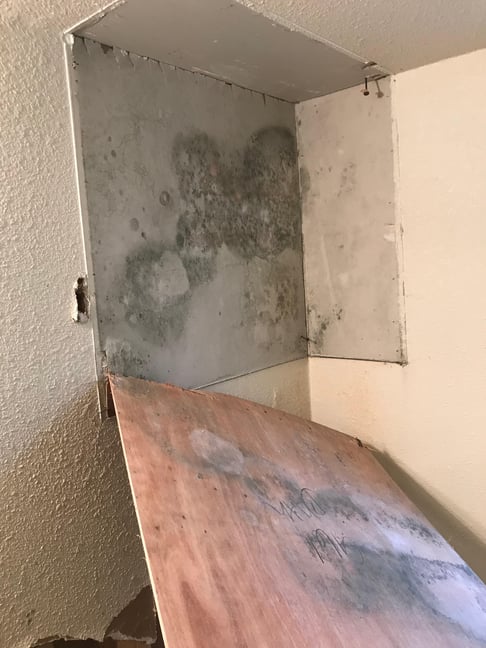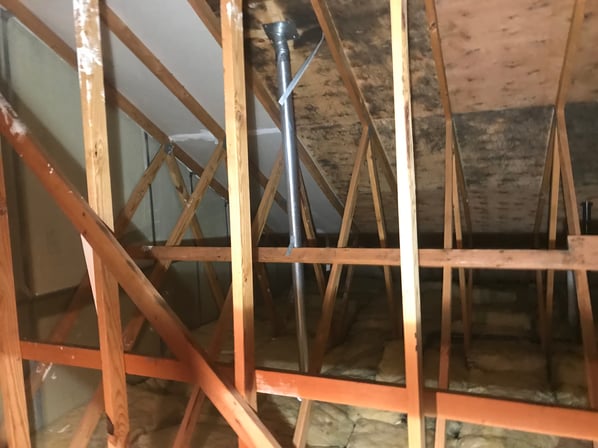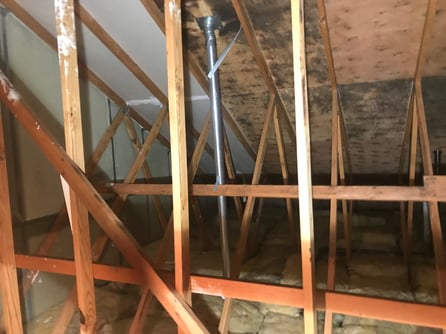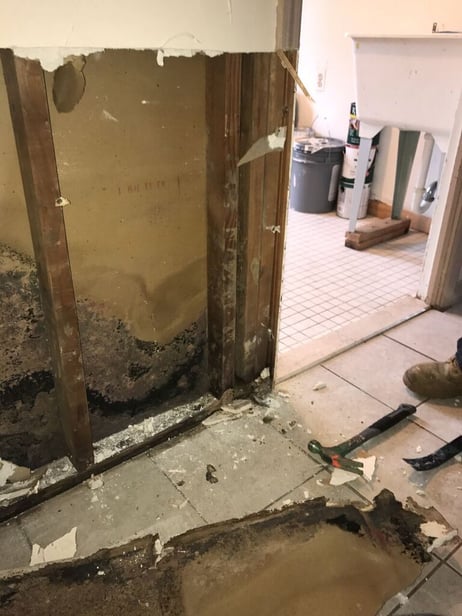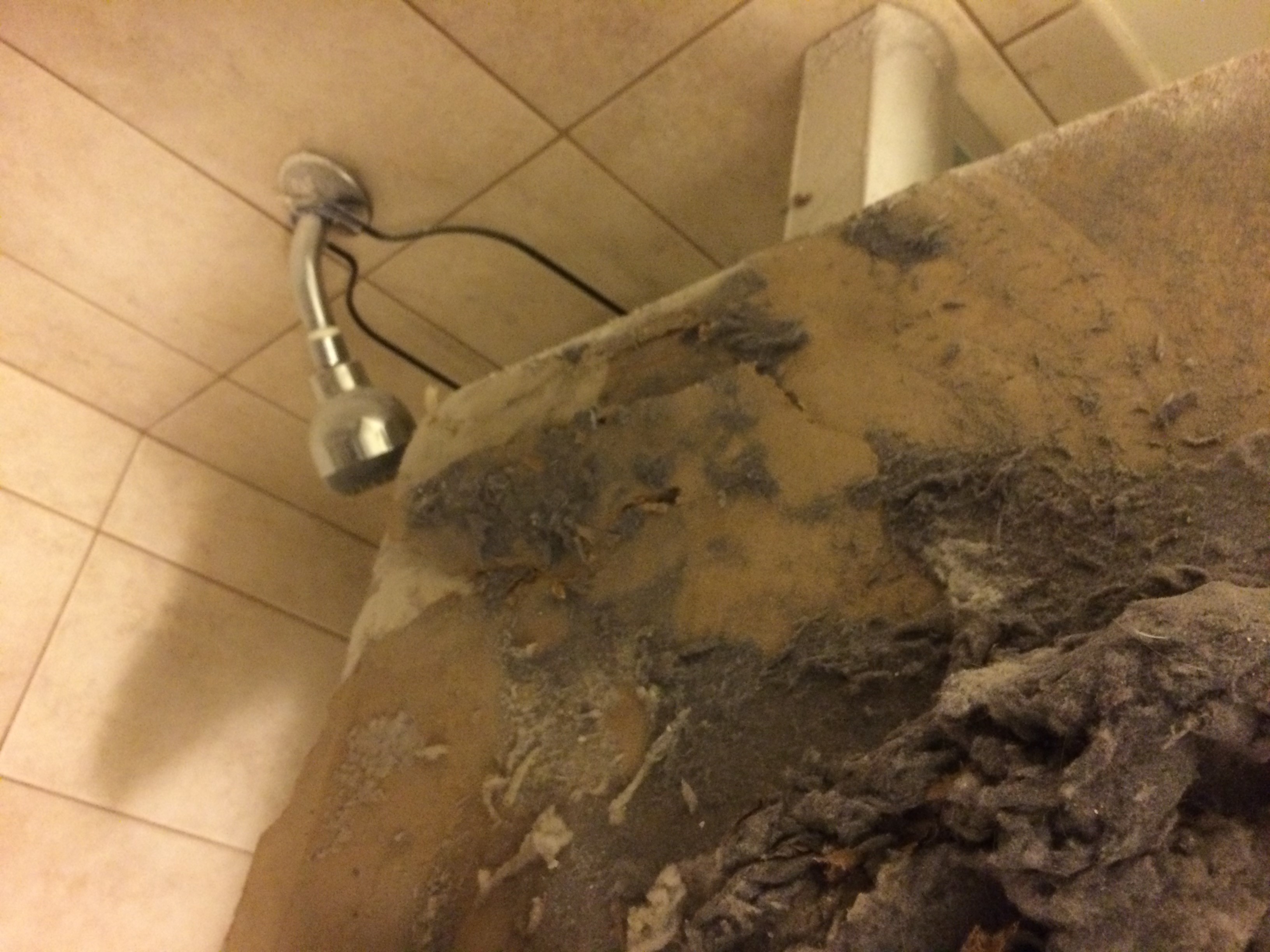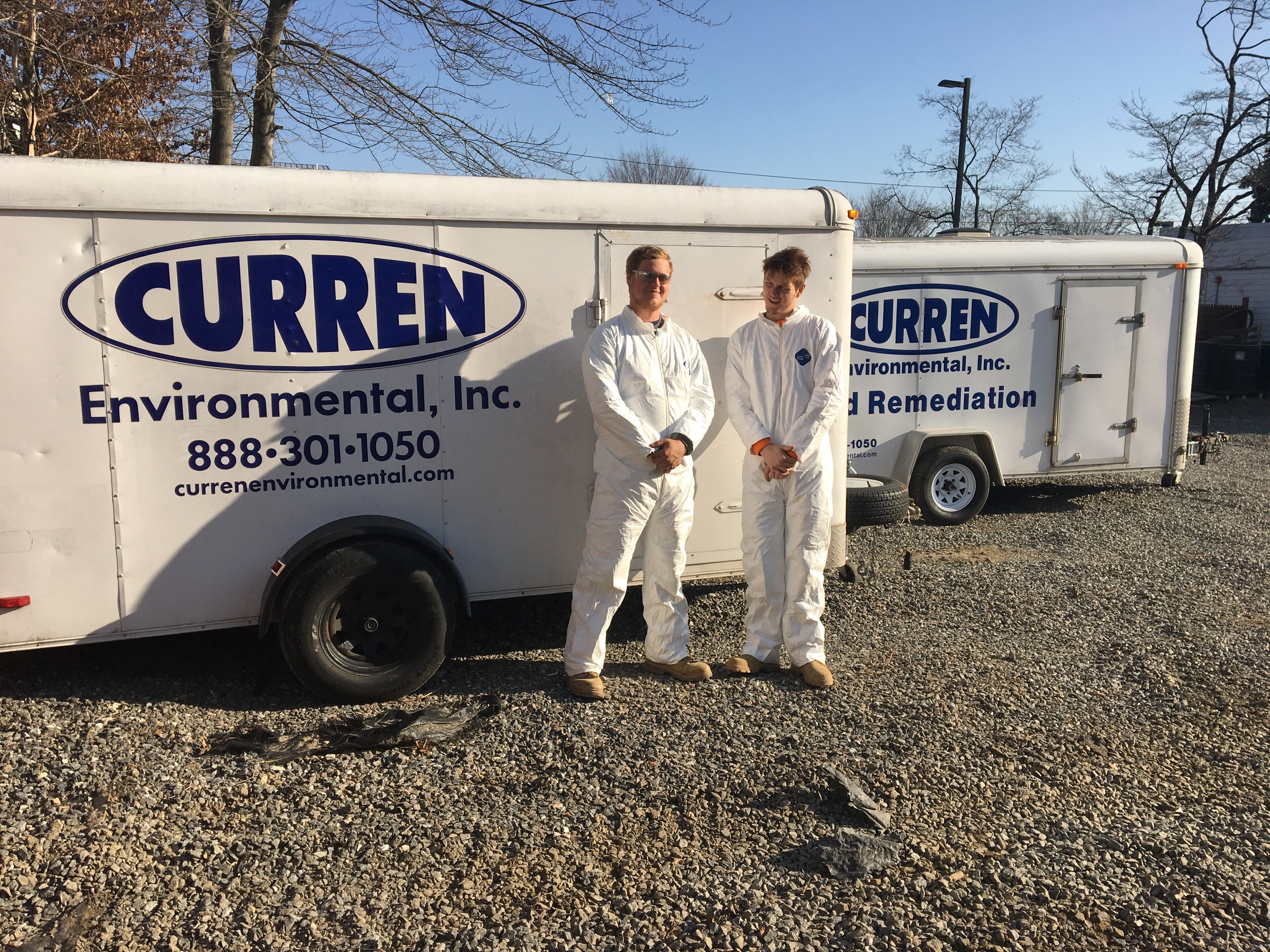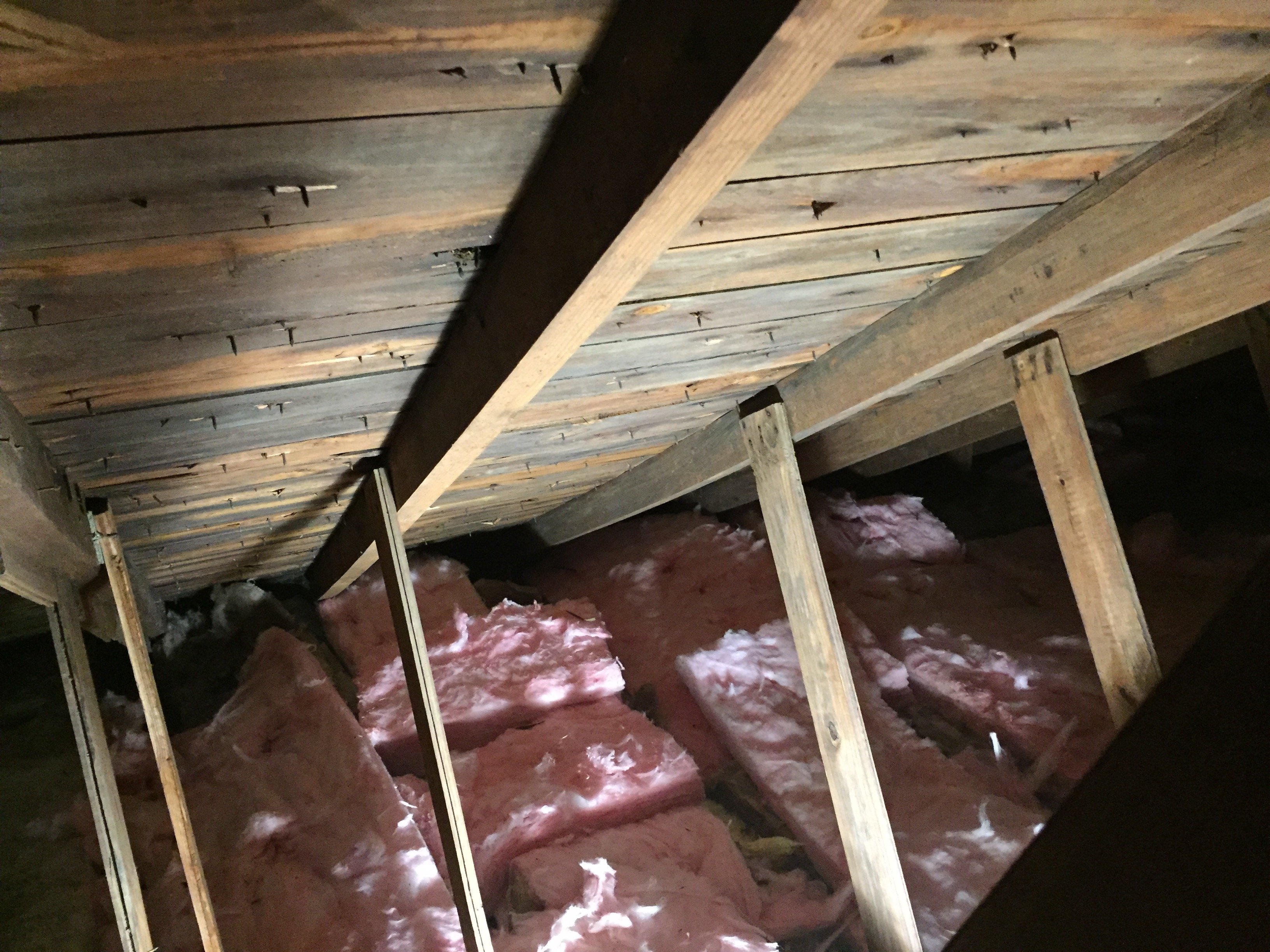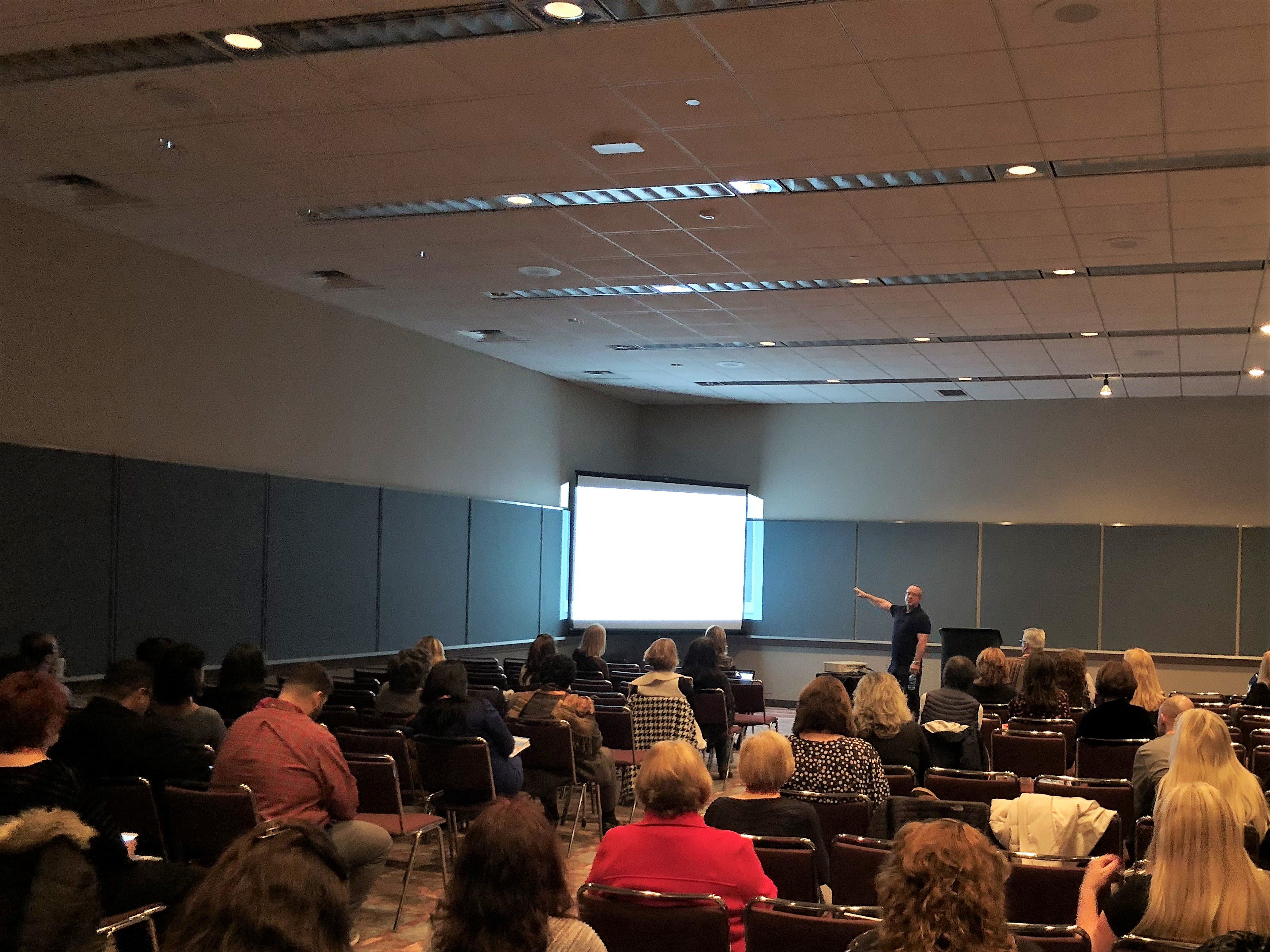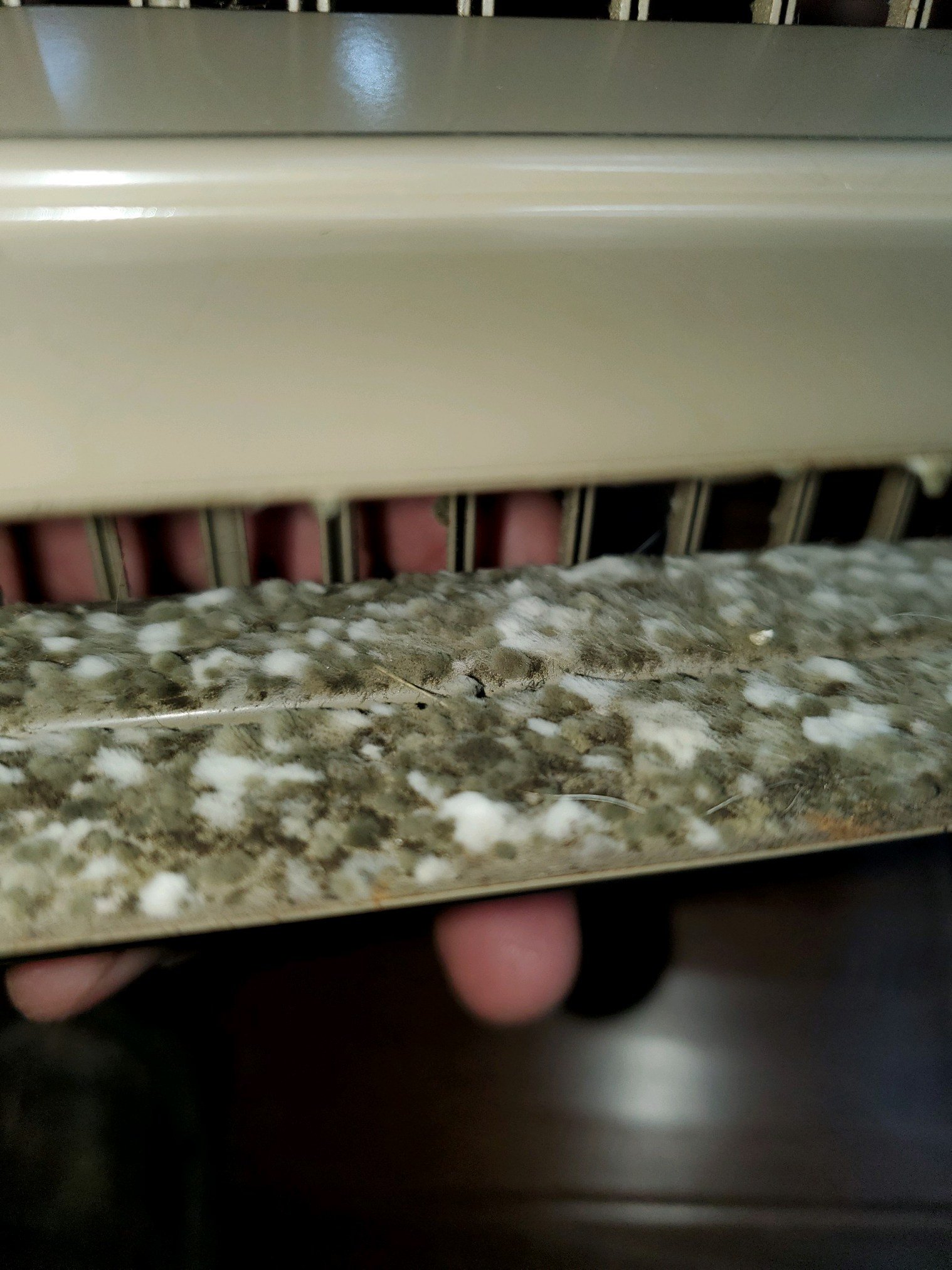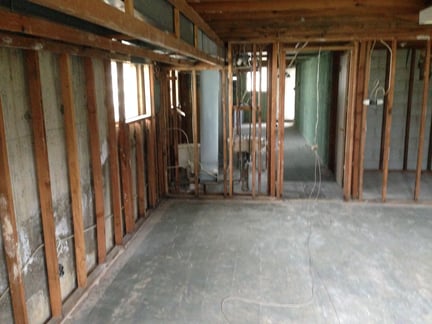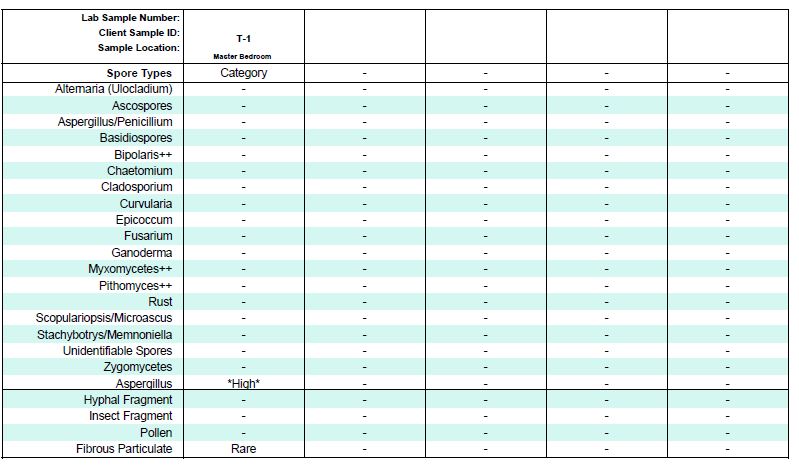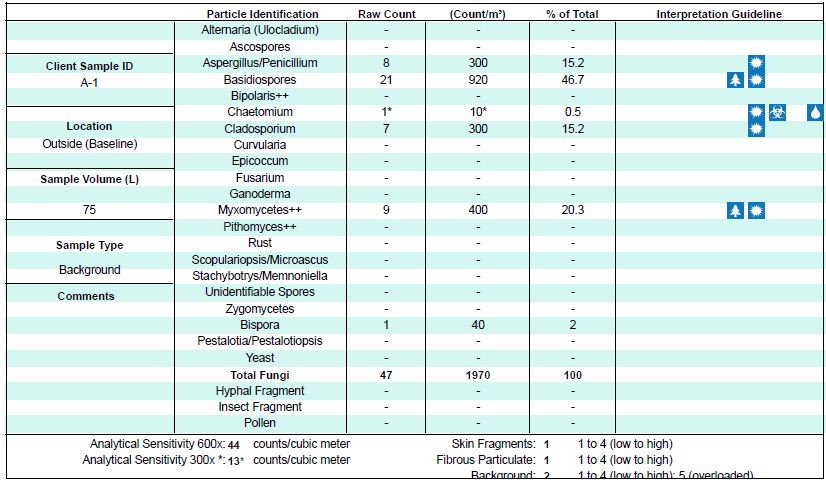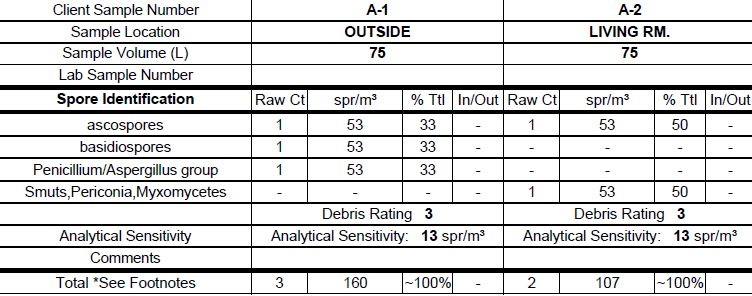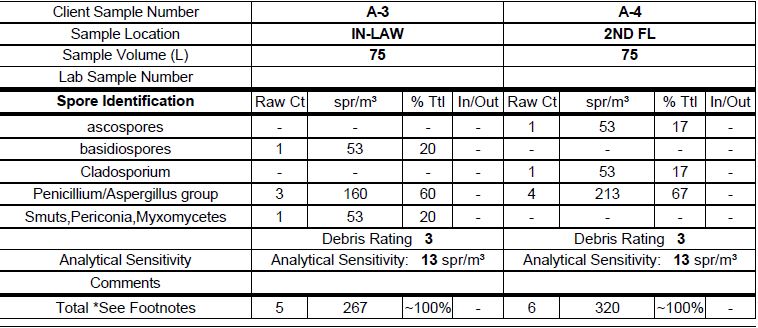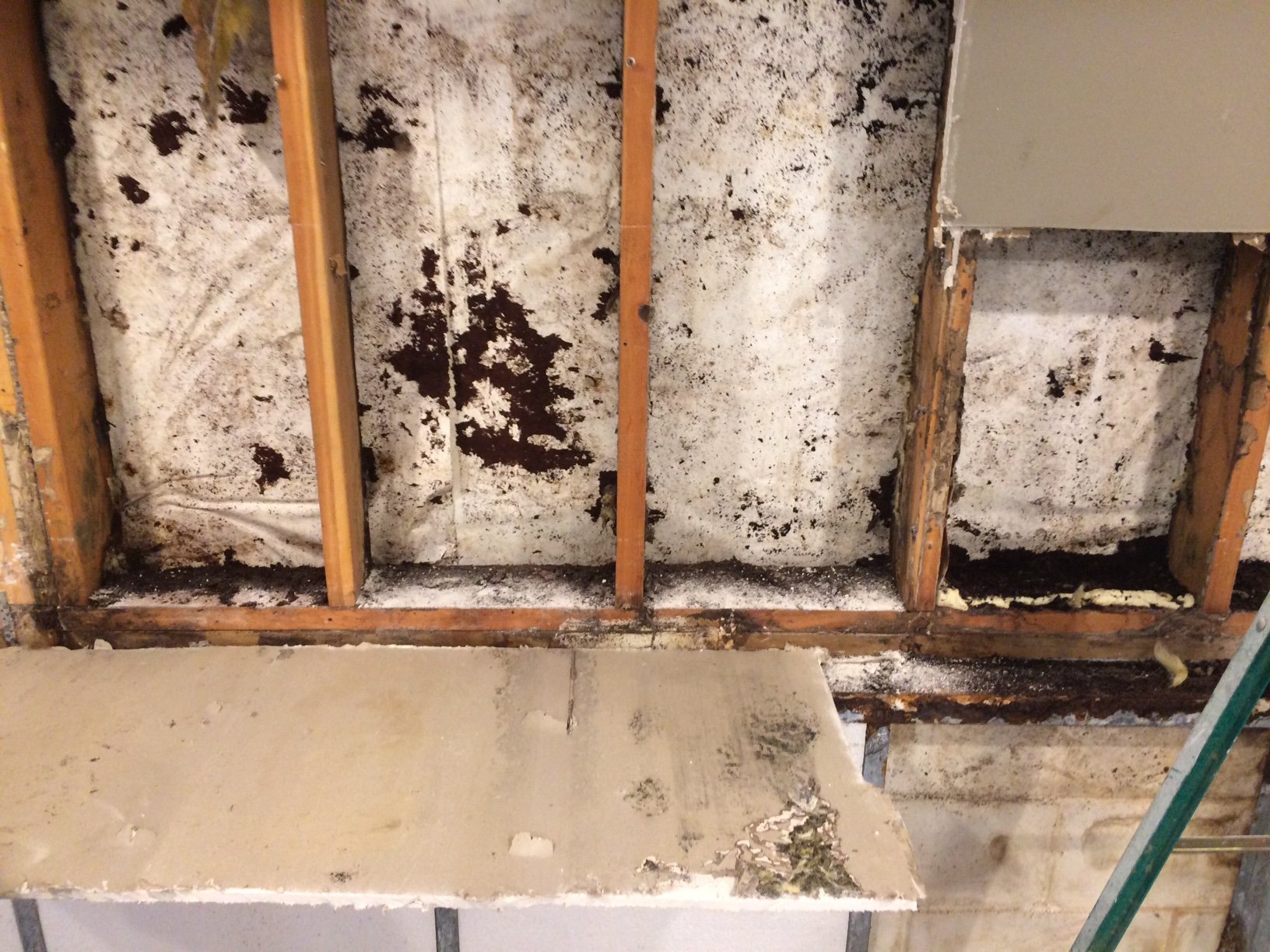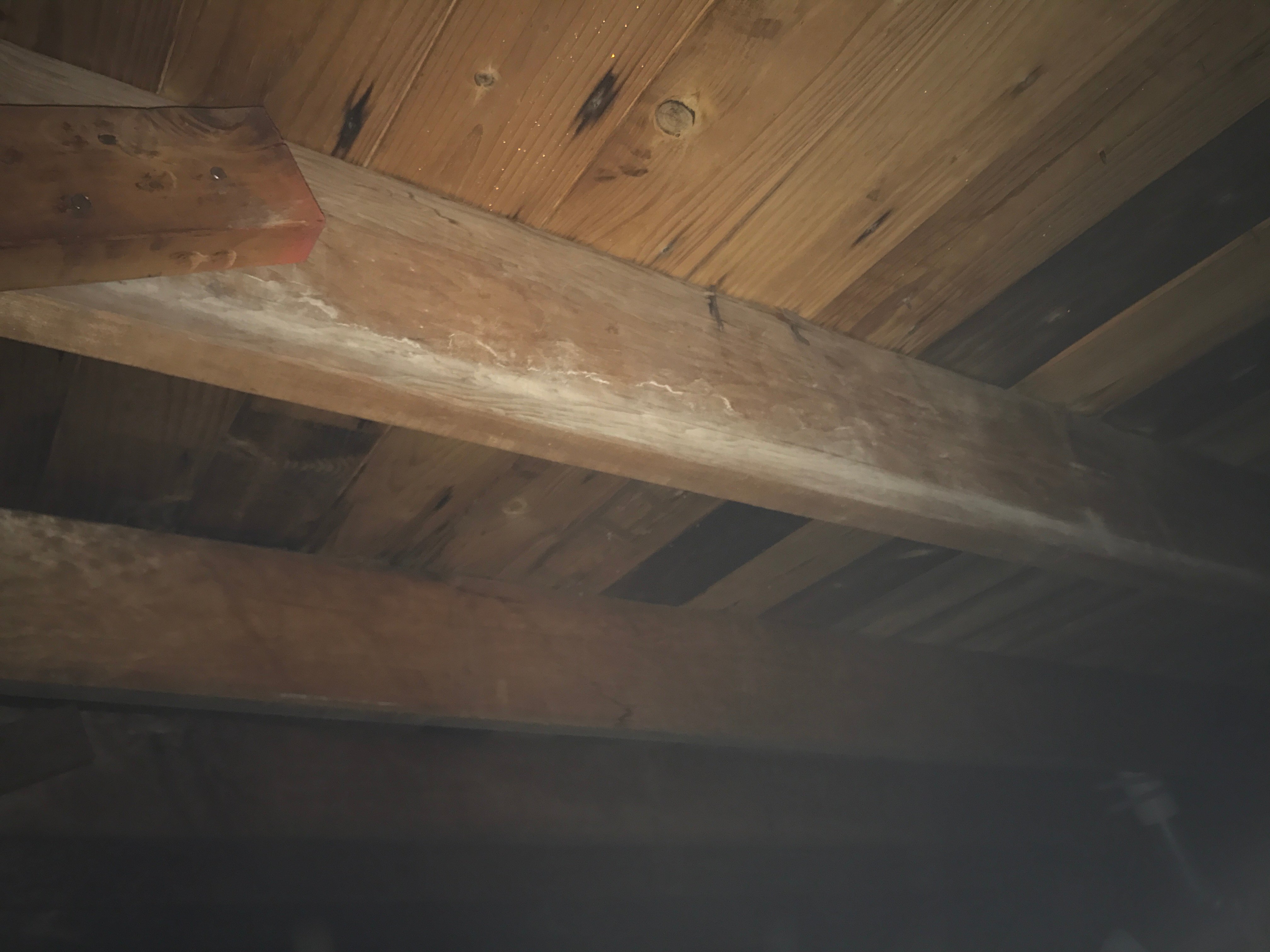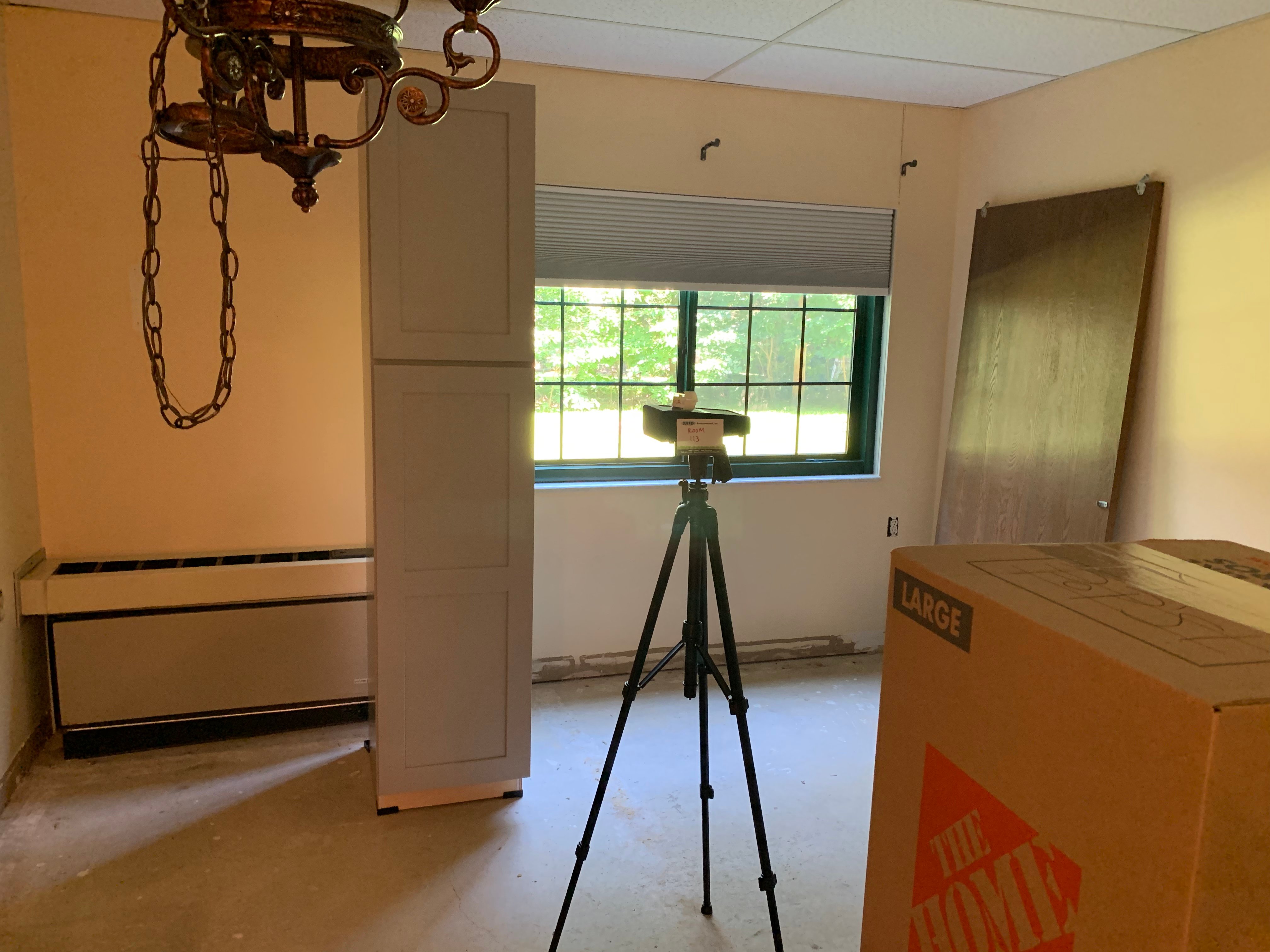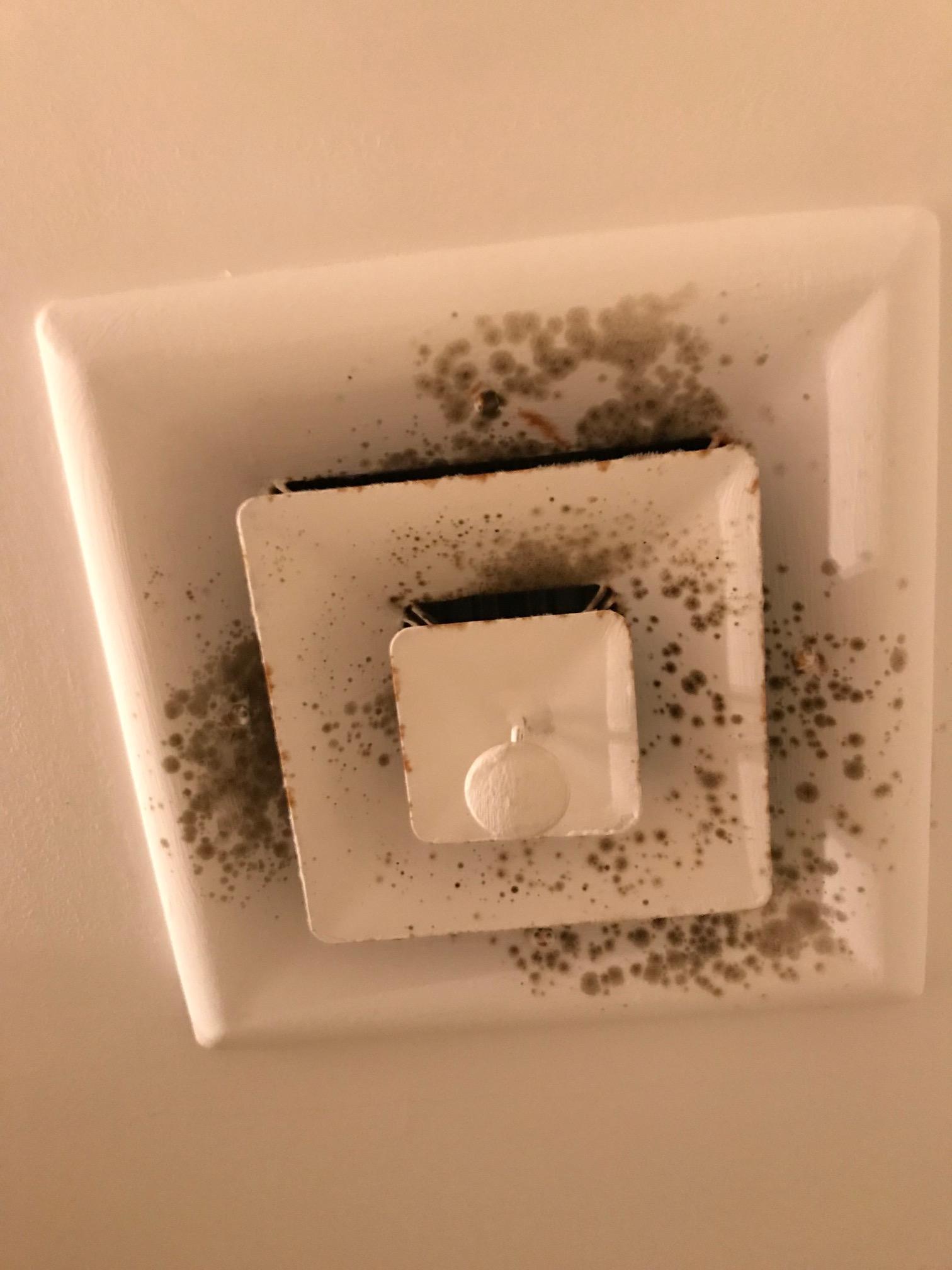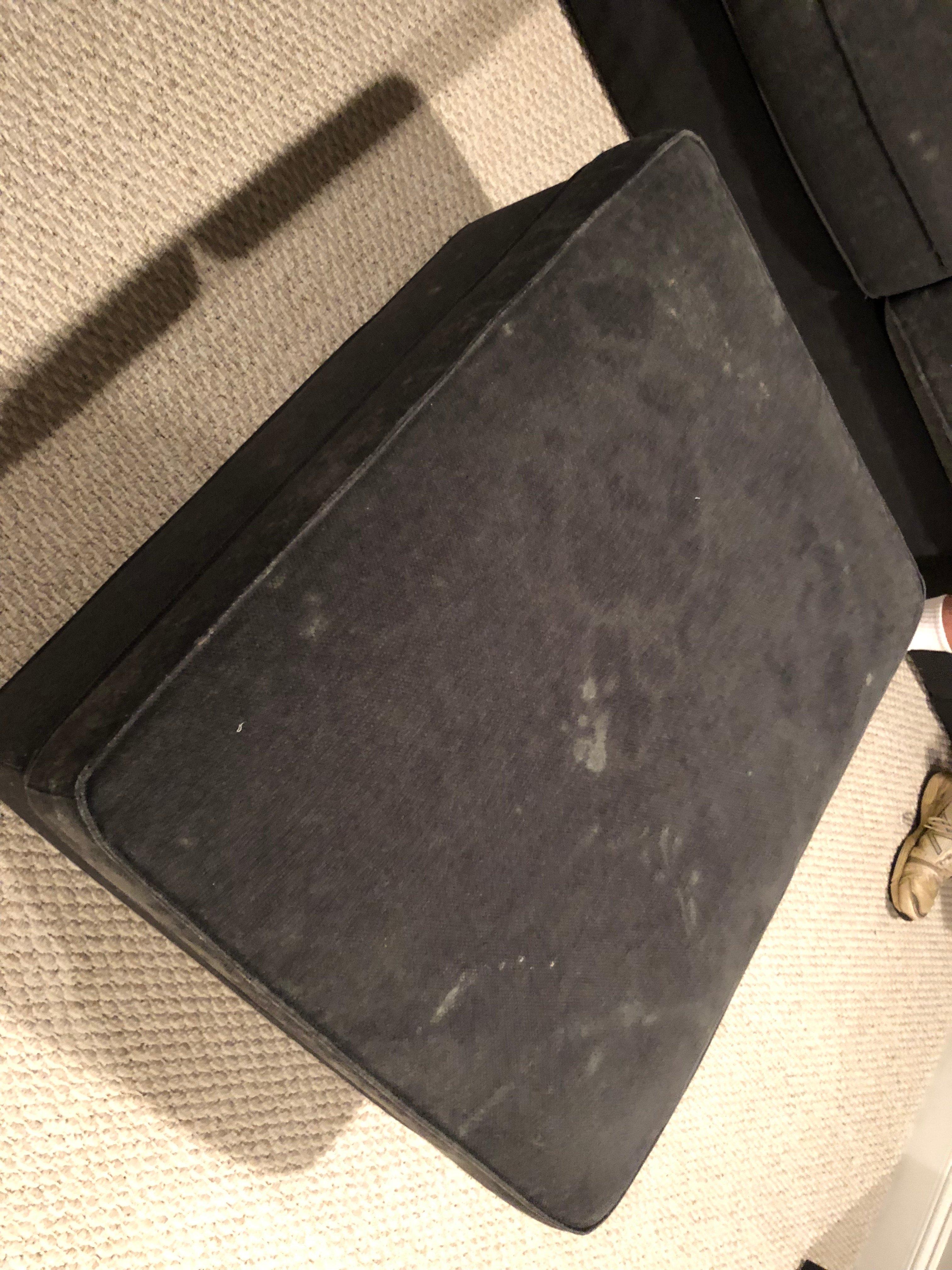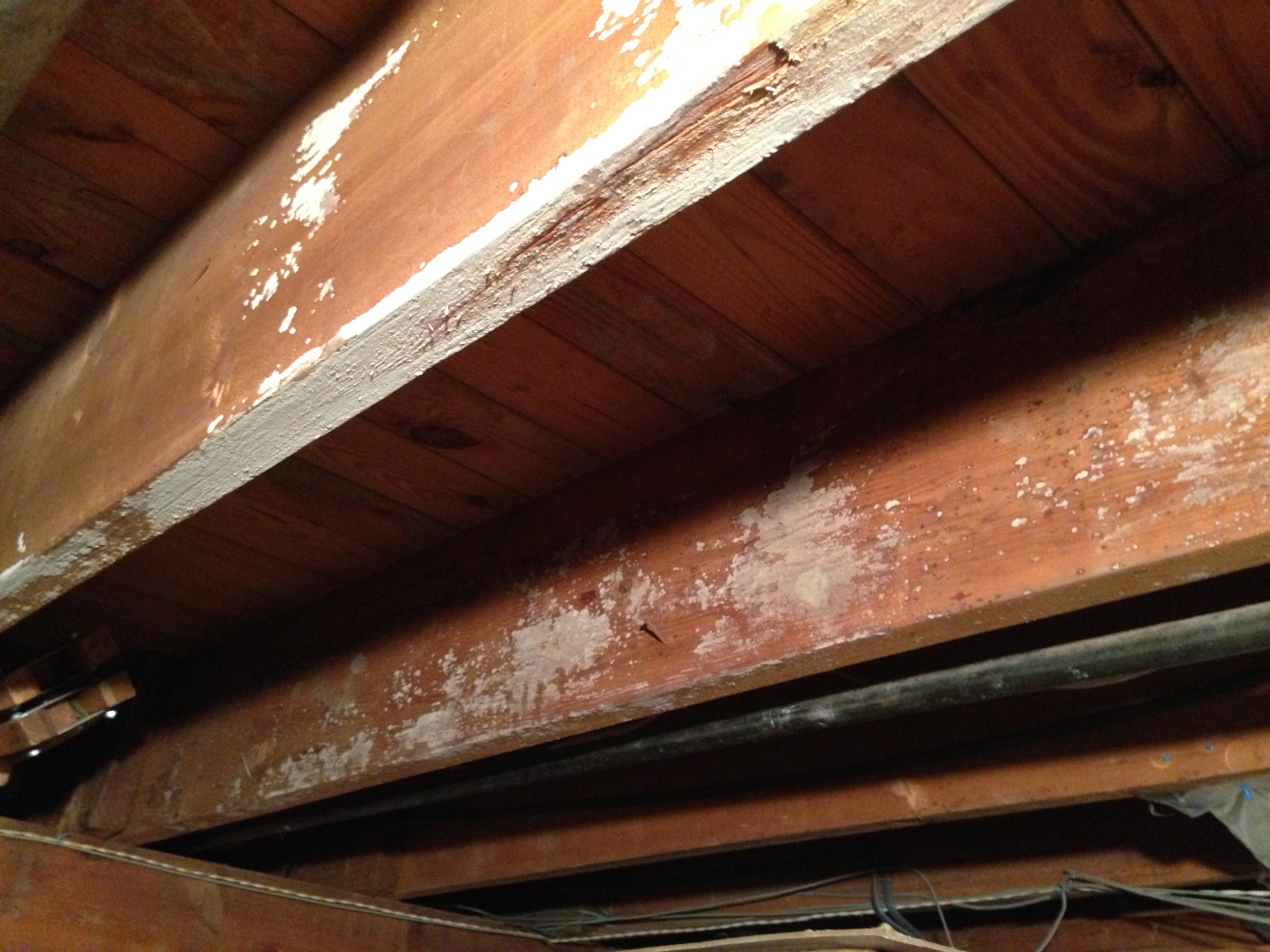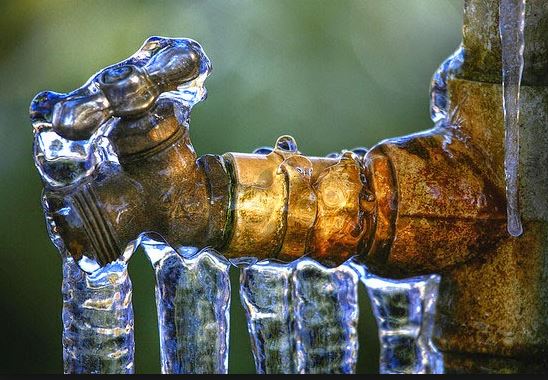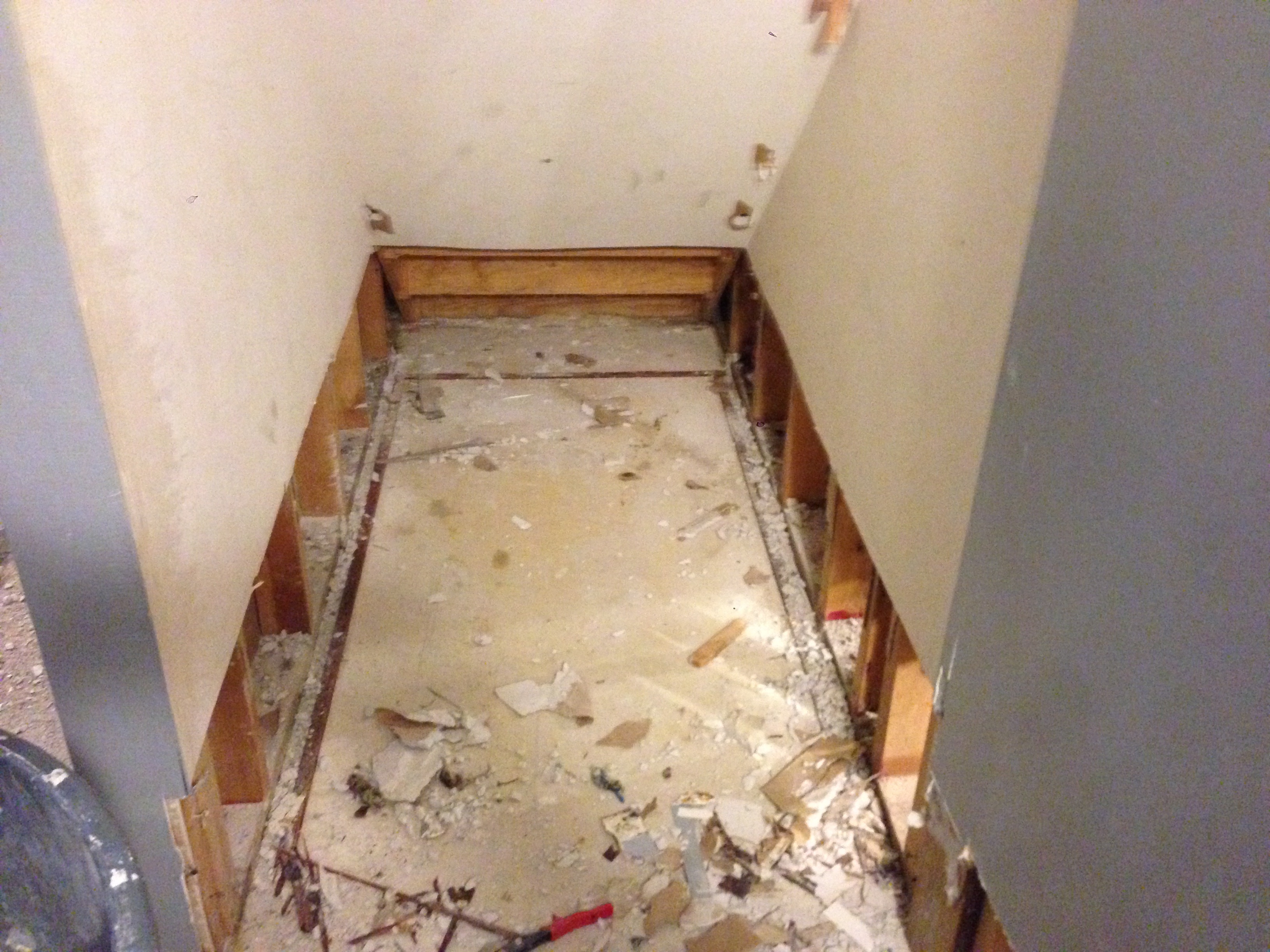How to read mold testing results.
A Mold Survey involves mold sampling for the presence or type of mold. Mold sampling is completed in two ways, mold surface sampling and mold air sampling. Mold surface sampling is completed on a surface that is suspected to contain a mold-like substance, this type of sampling can be completed by performing acquiring a mold tape lift sample or a mold swab sample. Both methods involve acquiring a sample of the mold-like substance and having the sample analyzed by a laboratory. Your results should determine the type and quantity of mold. The interpretation of sample results pertaining to mold concentration has to be evaluated objectively when the analysis finds mold as you are sampling an area that has a mold-like substance, which can typically represent the suspected highest concentration (worst area), otherwise, why would you sample that particular area. The other type of mold sampling is mold air sampling. Mold air sampling is accomplished by running air through a laboratory containing that that captures microscopic airborne particles (fungi). The sample container is then analyzed by a laboratory for mold type and mold quantity. The analysis can be studied for both viable molds, meaning the sample is studied to see if the mold spores grow or by non-viable meaning, it what is the overall type and quantity of mold found. Mold non-viable air sampling is more common as it has been established that mold spores alive or dead can be an irritant.
Once you have the laboratory analysis completed, you now have to discuss the results and what they mean. Unlike soil and groundwater samples where all states have specific government-established standards, with mold there are No Federal or State Agency established concentration standards (Maximum Exposure Limits- MEL) or threshold level values for airborne indoor mold or for surface sample analysis of mold. Therefore, if you suspect there is a mold problem and have air testing or surface sampling performed, there is no regulatory standard to compare your results against. Without government standards, there is no common industry standards standard. The reason that there are no standards is that setting exposure limits or MELs would be difficult for a variety of technical reasons, which include limitations in both mold surface sampling and mold air sampling techniques, individual variability in sensitivity to microbial exposure among the human population, the occurrence of different types of biological and chemical pollutants in the indoor environment and limited data on the exposure-response relationship in humans. In essence, it is difficult to say who will be affected by mold spores and at what concentrations it would take to affect different people.
Due to the lack of set government standards, the environmental consulting industry follows general principles when evaluating mold test results. On a basic level when evaluating mold air sampling data, the mold levels should be higher outside than inside. The idea behind this approach is that there are always more molds outside in the soil, mulch, plants, decomposition of organic matter, etc. outside. Aside from an indoor and outdoor comparative evaluation, you evaluate the test results for specific types of mold. This evaluation includes looking for common outdoor molds as well as molds that are more commonly found on moist building materials. Evaluation of these molds goes a step deeper by looking for so-called opportunistic molds (marker fungi), which are frequently found on long-term water damaged building materials. The presence of these molds can point to a long-term moisture issue. These opportunistic fungi include Aspergillus and Penicillium species, Acremonium spp., Sporobolomyces spp., Stachybotrys, chartarum, Memnoniella echinata, Tritirachium oryzae, Ulocladium botrytis, U. chartarum, Cladosporium spp., and Chaetomium spp. These are molds that are not typically recovered in the outside air, so when they are found outside, they are in generally low levels. Conversely, when they are found indoors these molds typically point to an indoor water issue. The higher the indoor concentration of these fungi the more likely a long-term water issue is present.
In summary mold testing and the interpretation of the analytical results involves the evaluation of individual types of mold you find and determining why they are present.
Finding the type of mold, while interesting it does not explain why it is present. Therefore, every mold survey and mold inspection should not just confirm the presence of mold but also why the mold present is, and what created the environment for the mold to grow. The backend of the mold testing and mold sampling project includes an inspection for the physical presence of mold as well as for water damage.
More common mold questions and answers can be found at: /Mold-Frequently-Asked-Questions



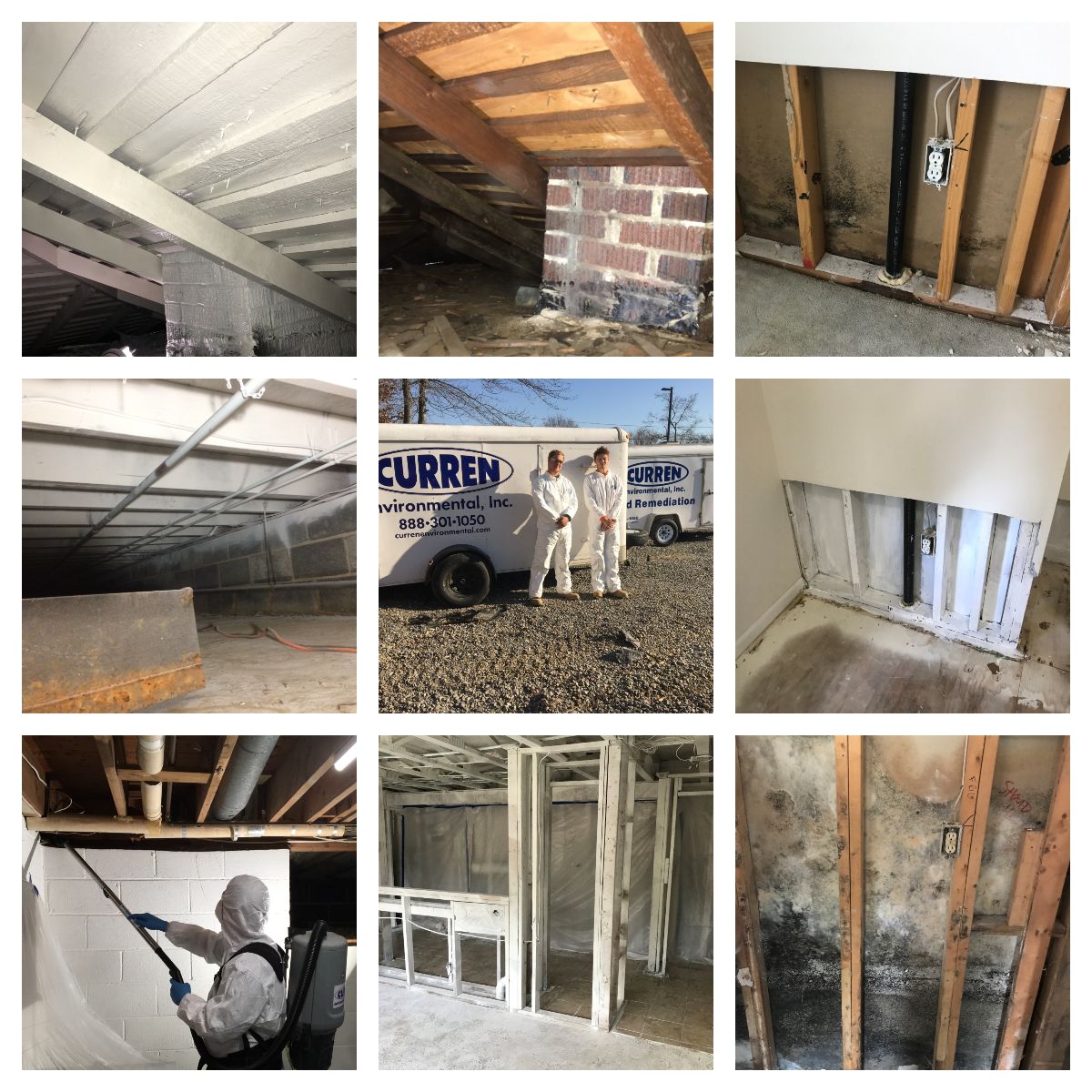
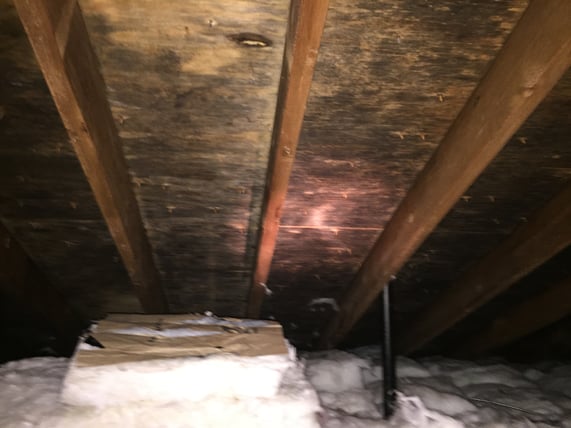
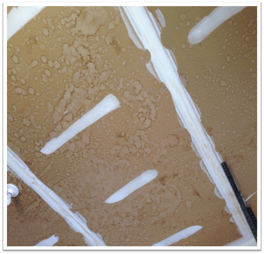
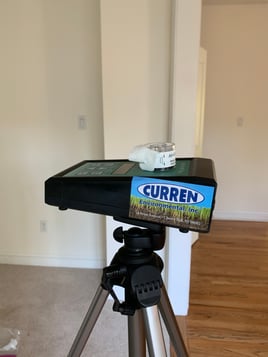
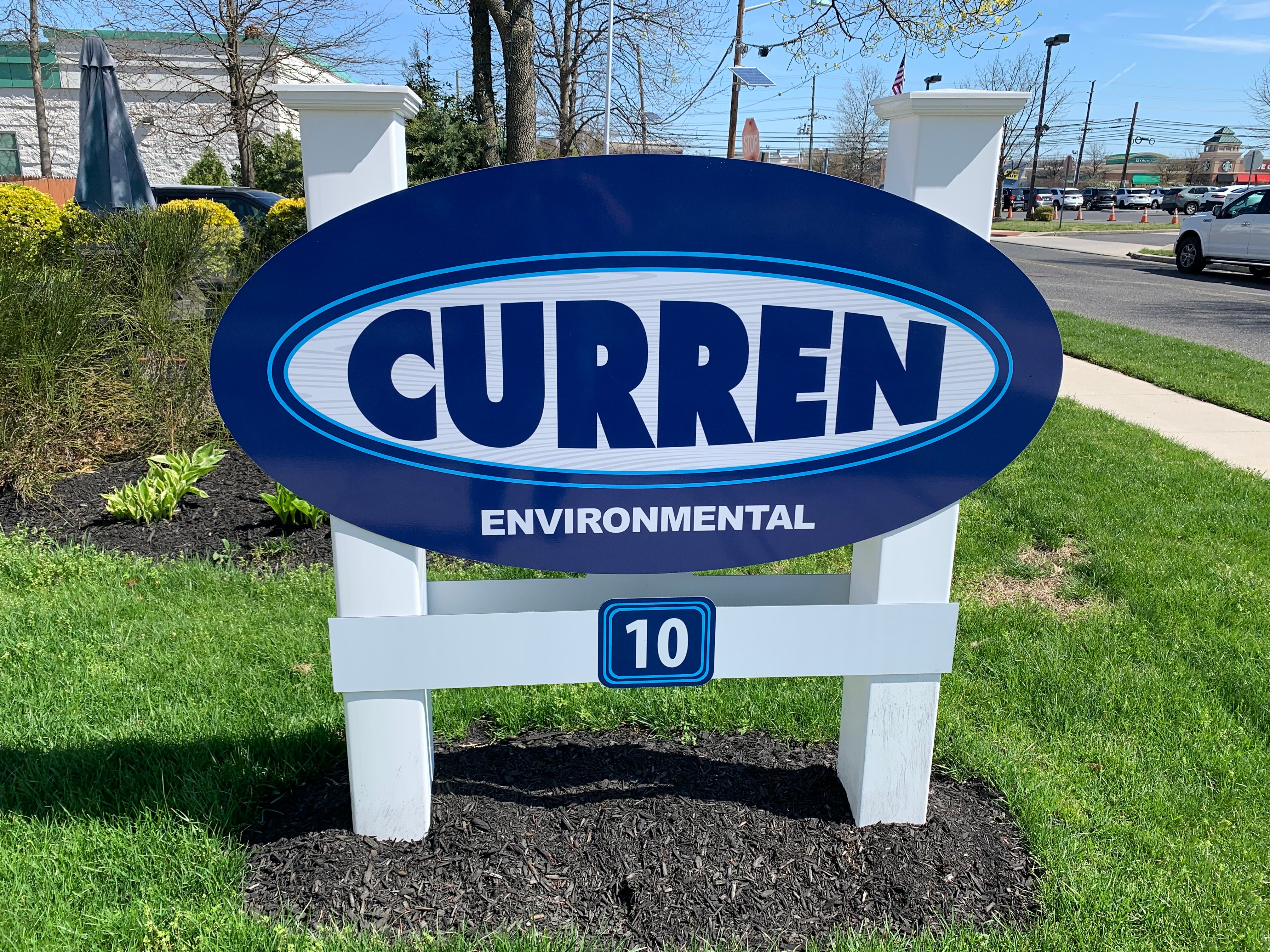
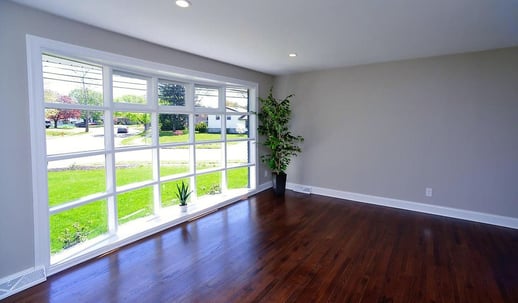
.jpg?width=587&name=mold%20in%20home%20before%20flip%20(002).jpg)
